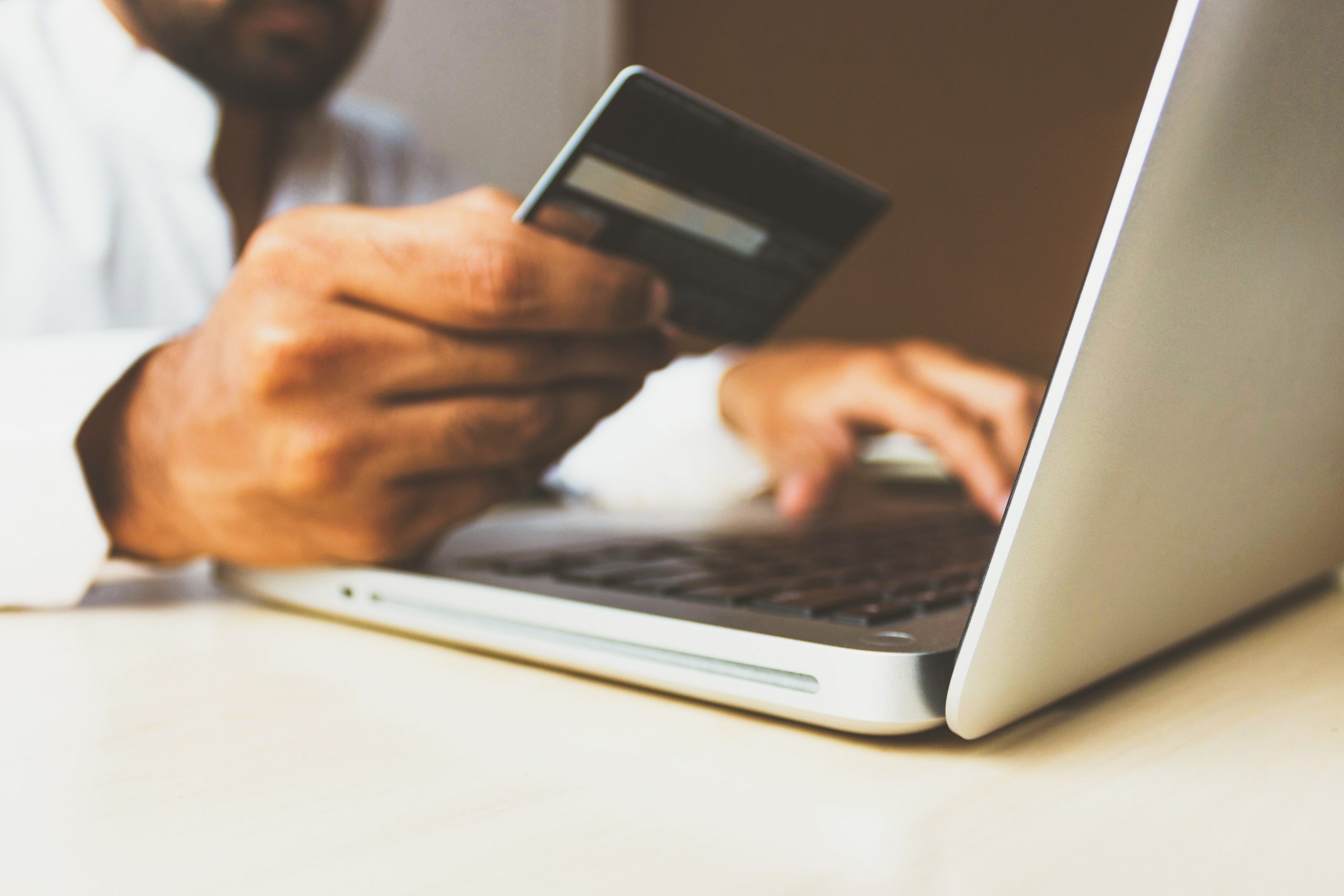On March 9, 2020, Federal Decree No. 10,271/2020 was published[1], which determines the enforcement and full compliance with Mercosur GMC Resolution No. 37/19, and provides for consumer protection in e-commerce operations.
With the increase in online[2] purchases mainly due to the current social isolation scenario, this Decree aims to advance actions for the protection of consumers, having as three fundamental pillars: the informational protection of consumers, the right of regret, and the resolution of online conflicts of individuals who make purchases in digital platforms.
The Resolution reaches all suppliers established in any of the States Parties or that operate commercially under any of their internet domains.
Among the novelties brought by the new Decree, when compared to the Federal Decree of e-commerce (nº 7,962 of 2013), the following stand out:
- Suppliers must make available to consumers more accurate information regarding product registration identification;
- The number of installments and the periodicity in the case of forward sales; the conditions to which the legal and/or contractual guarantee is subject must be made available and easily accessible, in addition to the essential characteristics of the product or service, including risks to health and safety of consumers; and any other relevant condition of the product that should be known to consumers;
- The contract summary shall be made available prior to contracting and highlighting the clauses of greatest significance to the consumer;
- Agile, fair, transparent, accessible, and low-cost online dispute resolution mechanisms should be adopted, especially in cases of complaints from vulnerable and disadvantaged consumers.
For cross-border transactions, the consumer protection authorities of the States Parties will endeavor to cooperate to ensure adequate consumer protection.
It is important to highlight that, in Brazil, the theme was already regulated by the Consumer Protection Code (Law n. 8,078/90) and, more specifically, the contracting in e-commerce, by Decree no. 7,962/2013, which already provided, in its article 1, that the information made available to consumers should be clear about the product, service, and supplier, in addition, the service should be facilitated to the consumer and right of regret should be respected.
On the other hand, unlike Decree no. 10.271/2020, said legislation brings some sanctions in case of non-compliance with the rules, which, in view of the omission of the most recent rule, remain fully applicable and are provided in article 7 of Decree no. 7,962/2013, which refers to article 56 of the CDC, which establishes, among others, administrative penalties of fine, temporary suspension of activity, revocation of the establishment’s license, and total or partial interdiction.
In the same sense, Decree no. 10.271/2020 establishes, as one of its premises, the need to deepen and harmonize the laws in the area of consumer protection within the scope of Mercosur and, by reading its article 6, it is possible to extract the applicability of internal rules that are not in conflict with the provisions of the Decree, which reiterates the need to comply with the rules provided for, both in the CDC and in Decree no. 7,962/2013, in a subsidiary manner.
Based on the aforementioned legislation, Brazil took the lead in the implementation of online conflict resolution and accessible to consumers, such as Reclame Aqui[3], independent channel of contact between consumers and companies, as well as the official platform of Consumidor.Gov.Br[4] which is linked to the National Consumer Secretariat (Senacon) and is characterized as a public service that allows direct dialogue between consumers and companies to resolve consumer disputes over the Internet in an agile, fair, transparent, accessible, and low-cost manner, exactly as provided in article 8 of the Decree.
This point of the Decree published in early March and, therefore, shortly before the increase in the number of Coronavirus cases in the country, will play an important role in the current scenario, especially because due to the isolation implemented in mid-March and which continues until April, the profiles of world consumption ended up being radically changed, considering that people who did not used to have much contact with online shopping and delivery services were forced to adapt in the face of the isolation and closing of physical commerce.
About this change in habits, it was published on April 23, by Valor Econômico, a survey that shows that purchase through apps grew more than 30% in the first month of social isolation, with an important jump in the number of consumers over 50 years old and classes C, D, and E. The survey also stated that 32% of respondents stated that they would reduce purchases in physical stores and that 49% intended to buy more through apps[5].
Along these lines, companies needed to readjust with the immediate closure of their physical stores and the significant increase in online consumption, the implementation of delivery and personalized service through websites and applications, in addition to the essential implementation of the home office which, in some companies, has led thousands of employees to work in their homes with the consequent problems of productivity and motivation.
These changes that needed to be made in haste due to the current situation will bring, in addition to lessons, several benefits ahead. The period is one of trial and error, research and discovery, paving the way for the creativity of suppliers and consumers who, with due caution on the part of both, will be able to use the moment to strengthen connections with the engagement marketing and personalized service or, in the face of an unthinking attitude and the provision of services in an unsatisfactory way, demoralize their reputation built with hard work.
The moment is one of opportunities for companies that may, in addition to complying with the provisions of legislation regarding the execution of clear, accessible, and easily legible contracts through e-commerce, still win over consumers at a time when society is in a situation of extreme fragility and vulnerability.
[1] http://www.planalto.gov.br/ccivil_03/_ato2019-2022/2020/decreto/D10271.htm
[2] https://www.acidadeon.com/cotidiano/coronavirus/NOT,0,0,1494486,isolamento+social+movimenta+o+e+commerce+brasileiro.aspx
[3]https://www.reclameaqui.com.br/
[4]https://www.consumidor.gov.br/pages/principal/?1587412490192
[5]https://valor.globo.com/brasil/noticia/2020/04/23/crise-acelera-a-digitalizacao-e-faz-consumidor-mudar-habitos.ghtml
Available at: https://www.migalhas.com.br/depeso/325925/relacao-de-consumo-no-comercio-eletronico-em-tempos-de-pandemia
Autor: Walberto L. Oliveira Filho • email: walberto.filho@ernestoborges.com.br • Tel.: +55 67 3389 0123

